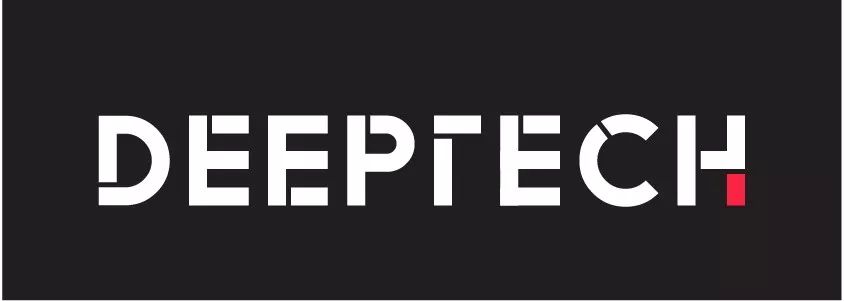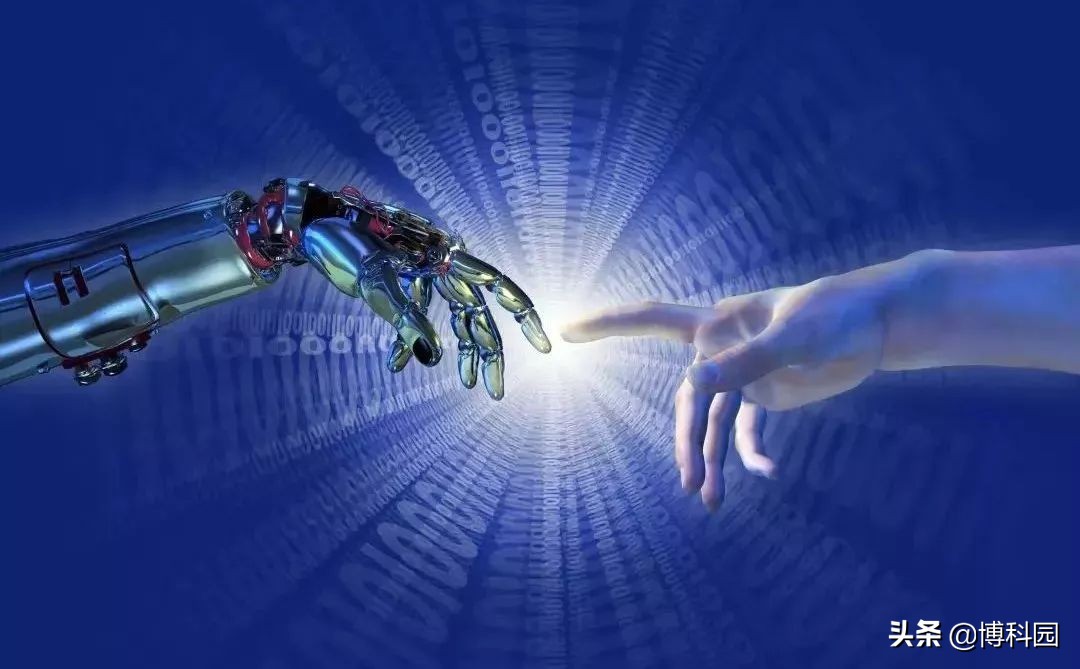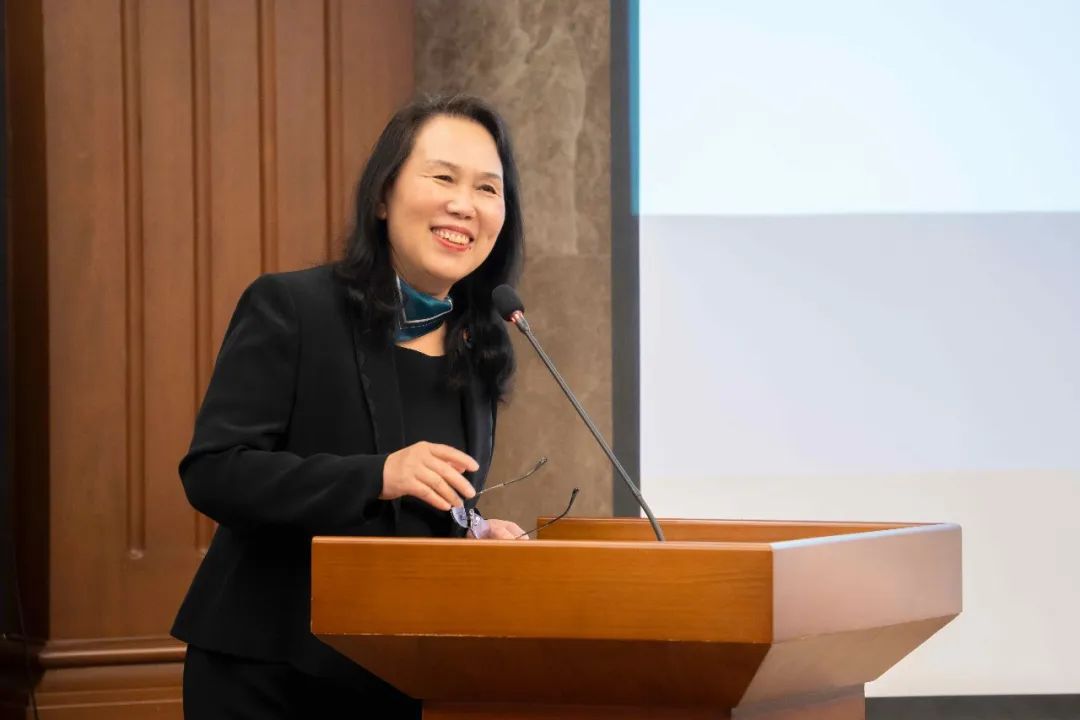Artificial Intelligence Ethics: Challenges And Thoughts We Face
Artificial Intelligence Ethics: Challenges And Thoughts We Face
Artificial Intelligence Ethics: Challenges and Thoughts We Face
Artificial Intelligence Ethics: Challenges and Thoughts We Face
Hello everyone, welcome to "AI Zhitong Dream".
In previous articles, we discussed how AI changes work and life, introduced practical AI tools, and also appreciated the charm of AI painting. The huge potential and convenience brought by artificial intelligence are obvious. But just like any powerful technology, the development of AI is accompanied by a series of complex ethical issues and social challenges, which is worthy of our in-depth thinking and discussion.
Today, let’s talk about the important topic of artificial intelligence ethics.
What is artificial intelligence ethics?
Simply put, artificial intelligence ethics studies the moral principles and values that should be followed when designing, developing, deploying and using AI systems. It aims to ensure that the development and application of AI technology are in line with the common interests of mankind and avoid potential risks and hazards.
The main ethical challenges we face:
Algorithm bias and discrimination (Bias &): AI systems gain abilities by learning a large amount of data. If the training data itself has biases (e.g., reflecting discrimination in the society such as gender, race, geographical, etc.), then the AI system is likely to acquire and amplify these biases, leading to unfair decision-making.
Data Privacy & Security: AI systems usually require a large amount of user data for training and optimization. This raises concerns about personal privacy breaches and data abuse.
Employment shock and social equity (Job &): AI automation may indeed replace some human jobs, especially some repetitive and process-based jobs. This may exacerbate unemployment and social inequality.
Transparency and interpretability of AI decisions (&): Many advanced AI models (especially deep learning models) are like a "black box", and it is difficult for us to fully understand the specific reasons for their decisions. This is unacceptable in high-risk areas such as medical care, finance, and justice.
Problem of Attribution of Responsibility (&): Who should bear the responsibility when an AI system makes a mistake and causes damage? Is it the developer, user, or the AI itself?
Abuse and Security Risks of AI (& Risks): AI technology may be used for malicious purposes, such as creating false information (), conducting cyber attacks, developing autonomous weapons, etc., posing a threat to social security.
How should we deal with it?
Faced with these challenges, the joint efforts of all sectors of society are required:
From the perspective of "standards" to see platform responsibilities:
We can also see from the operating specifications of WeChat public accounts that the platform has strict requirements on information content and user behavior, such as prohibiting the release of false information, prohibiting fraud, prohibiting infringement, prohibiting endangering the security of the platform. These regulations are essentially to prevent the abuse of technology and maintain good network ecology and social order, which is closely related to many issues that AI ethics focuses on. For example, using AI to generate false information (rumor), conduct fraudulent activities, infringement of other people's portrait rights (such as face change), etc. are all violations severely cracked down on by the platform. This also reminds us that while embracing AI technology, we must adhere to the bottom line of law and morality.
Conclusion: Building a responsible AI future
The development of artificial intelligence is at a critical crossroads. Technology itself is neutral, and good and evil depend on the person who uses it. We must not only embrace the opportunities brought by AI, but also face up to its potential risks and challenges.
To promote AI to develop well, each of us needs to remain vigilant and think, and actively participate in this conversation about technology, ethics and the future. Only in this way can we jointly build a responsible, sustainable, and truly people-oriented artificial intelligence future.





